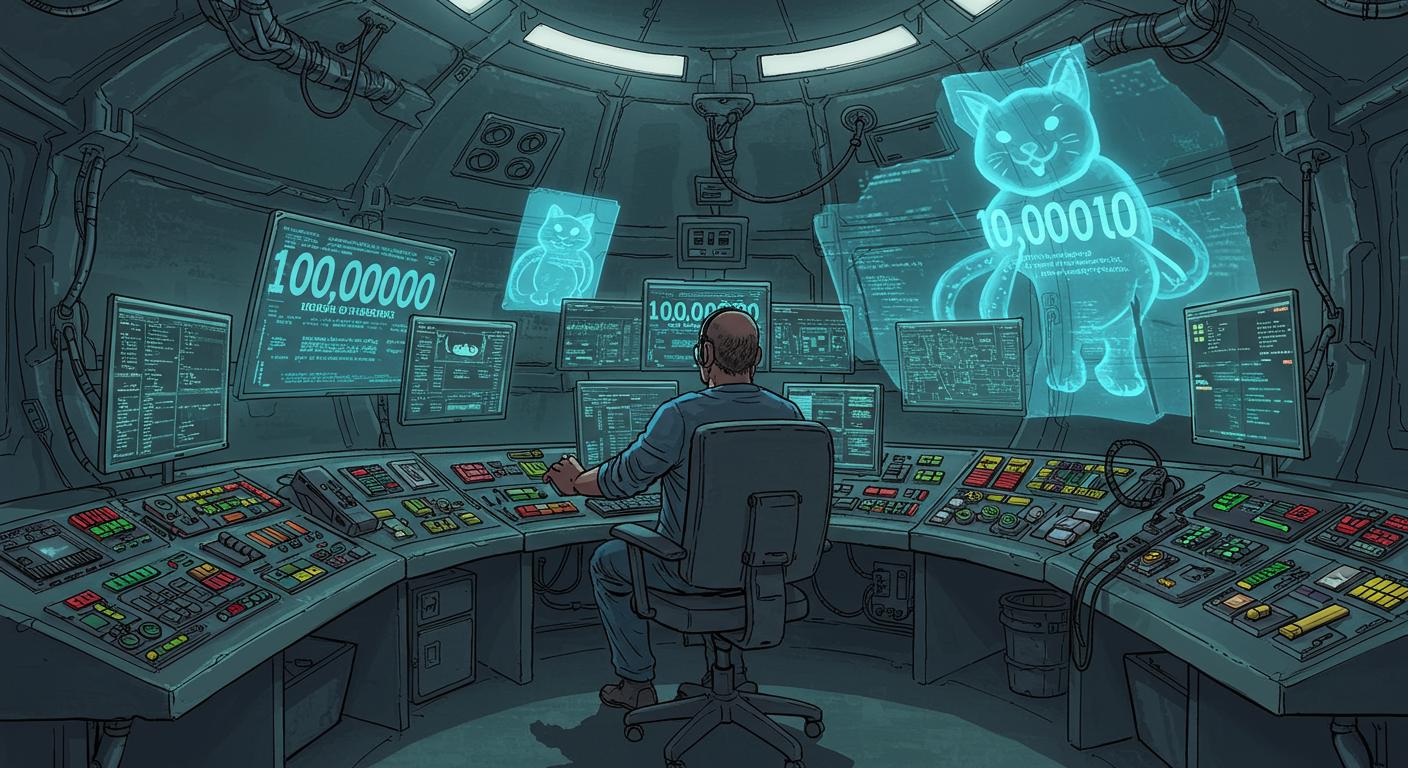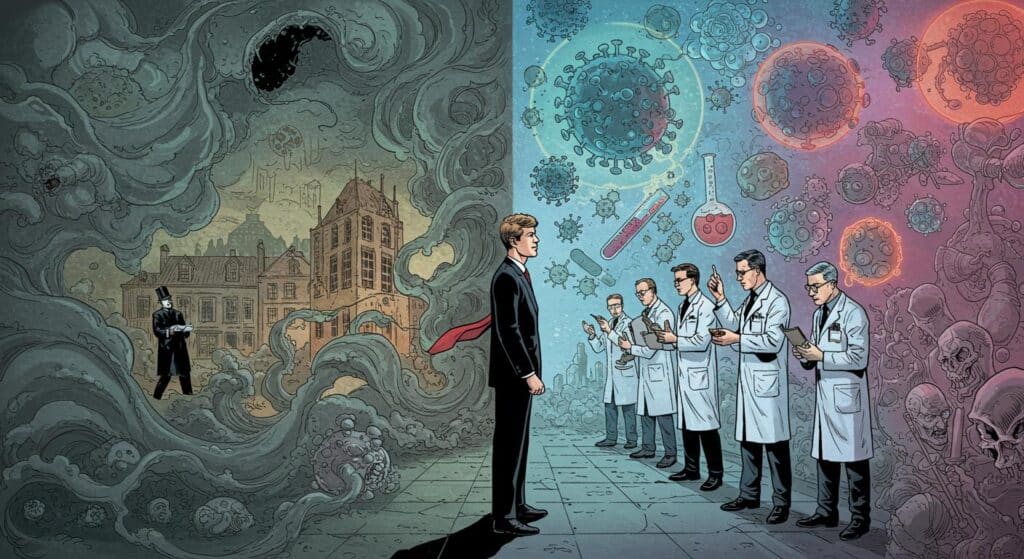There’s something inherently poetic about milestones. The parade of champagne bottles and commemorative mugs that usually marks the occasion tends to favor grand gestures—a golden spike driven into code, a feat of collective ingenuity. Occasionally, though, history decides to wink instead. As described in Tom’s Hardware, GitHub’s odometer rolling over to one billion repositories was accompanied not by fanfare or a breakthrough innovation, but with a single, unadorned word: “sh*t.”
Modern Software, Brought to You by Irony
In a detail highlighted by Tom’s Hardware, Aasish Pokhrel of Nepal holds the distinction of creating this billionth repository, sidestepping any assumptions of critique—the project’s content is simply, and literally, the word itself. Despite the intentional brevity, the developer community flocked to the repository with remarkable enthusiasm. Data collected by the outlet at the time of reporting reveals more than 2,000 stars, 147 forks, and an outpouring of issues and pull requests.
Much of the ensuing activity has turned the project into an ongoing inside joke. The publication notes the “issues” section teems with creative remarks and gags—phrases like, “this code is sh*t,” developers commiserating about “experiencing trouble pushing,” and even someone requesting “macOS support.” Pull requests, meanwhile, span requests for regional translations, emoji integrations, and features far outsizing the project’s literal content.
As the outlet documents, all of this forms a sort of collaborative digital graffiti wall: part meta-commentary, part performance art. There’s a collective appreciation here not just for the absurdity of the moment, but for the culture of developers finding humor in the everyday tools of their trade. Aren’t these micro-interactions just as telling as any technical milestone?
Archives: Now with a Sense of Humor
It’s an oddly fitting echo of digital history when milestone moments get swept up in randomness. Tom’s Hardware points out Pokhrel’s previous project titled “yep” floated by nearly unnoticed, gathering only a single star—an illustration of how the tides of virality sometime choose their subjects with all the predictability of a dart thrown in the dark. Sometimes, it’s the throwaway entries that wind up contenders for the time capsule.
Context matters, of course. The report gives a quick tour of GitHub’s origins and significance: the platform’s massive presence in modern software, its beginnings atop Linus Torvalds’ Git, and Microsoft’s $7.5 billion acquisition signaling the clout of code collaboration. A true milestone might conjure expectations of major open-source triumphs—a quantum-resistant cryptography library, perhaps, or a breakthrough robotics project. Yet here stands a single word, a sort of universal punchline inviting everyone to participate.
How Will We Remember This Milestone?
Tom’s Hardware muses that the billionth repository might have warranted something “better,” given the gravity of the number. But perhaps this moment, as odd and understated as it is, serves as a reminder of the peculiar charm embedded in digital communities. A code library filled to bursting with achievement and ambition still has room for collective, deadpan humor.
The sheer scale is hard to ignore: with over 100 million developers, GitHub’s library is immense, noisy, impossible to catalog in its totality. Yet for now, it’s not a celebrated algorithm or world-changing innovation hogging the spotlight, but the most concise project imaginable—immortalized by a wave of stars, playful requests, and truly international puns.
Will the “sh*t” repo become a secret handshake for developers, or drift quietly into the endless stream of new projects? In a platform that so often prizes novelty, perhaps it’s fitting that an accidental comedian holds the keys to this moment. Is it possible to plan a better punchline than this? Or did the universe, just this once, get it exactly right?







